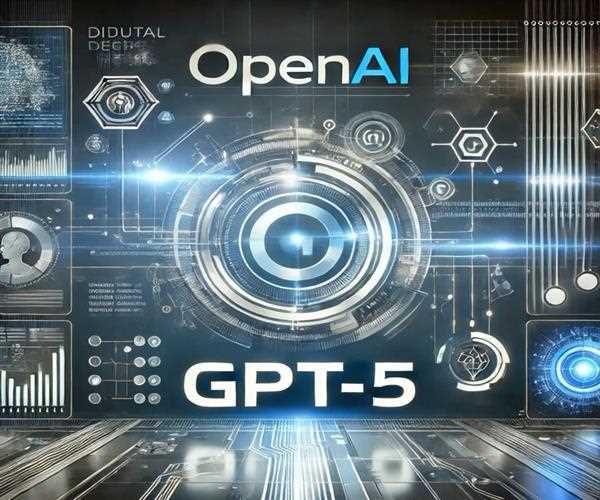
OpenAI's GPT-5 Development Faces Reported Setback Due to Data Shortage
OpenAI’s plan to develop the new GPT-5 AI model, which has emerged as the organization’s next big project, has reportedly hit a key challenge: A shortage of good training data. This development has given rise to concerns regarding the maintenance of the current growth rate that GPT is experiencing and is tainted by larger problems existing in AI. Addressing the data scarcity problem gives us some sense of the significant challenges about OpenAI and the broad tendencies in further developing large language models.
Highlights:
- OpenAI’s GPT-5 development was reportedly delayed due to lack of quality training data.
- High-quality, diverse data is essential for refining AI capabilities.
- Data shortages impact not only OpenAI but the entire AI industry.
- Experts call for innovative solutions like synthetic data generation to bridge the gap.
- OpenAI has yet to confirm how it plans to address these challenges.
The stated postponement of the introduction of GPT-5 proves the constant increase in the necessary amounts of large and diverse data sets.Very soon, models require more data to pass through and use to make the right decisions. The shortage of data is typical for the industry, and, in general, the share of cheap and qualitatively good training data is reducing, which hinders progress.

Scholars urged such companies as OpenAI to come up with techniques like synthetic data or seek for datasets that the two can share . Like any tool and approach as helpful as synthetic data can be, it comes with some drawbacks. And first, it is very often biased, and second, it is not actual data. However it still opens the possibilities of sustaining the search for filling data deficits.
The restriction still makes the OpenAI project highly capable of advancing AI. This delay also allows for analyzing tactics and improving data care to make the next-generation model the most accurate. AI enthusiasts will mainly watch as OpenAI navigates these decisive obstacles.


